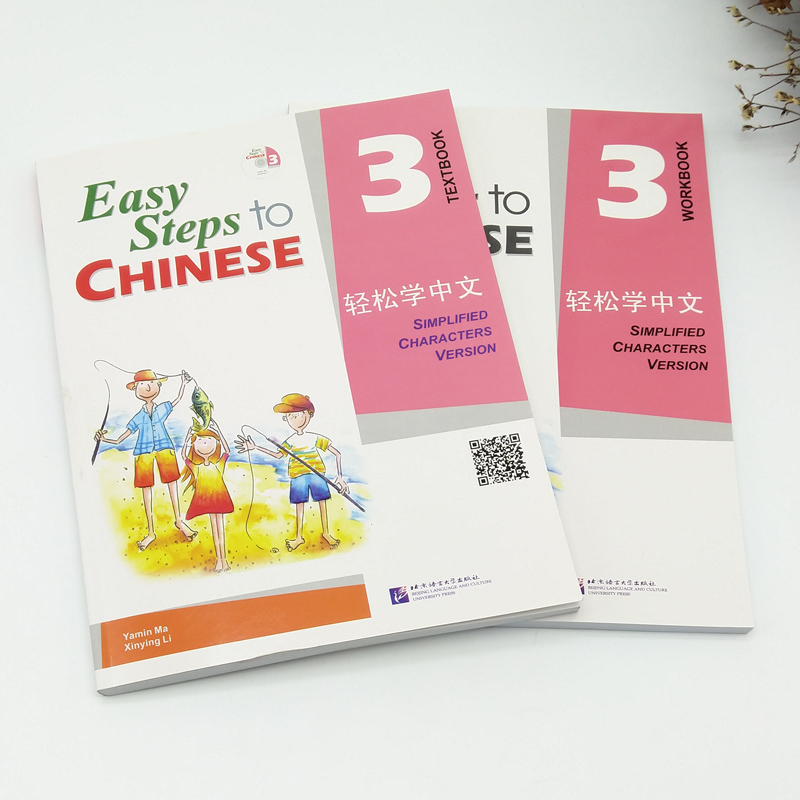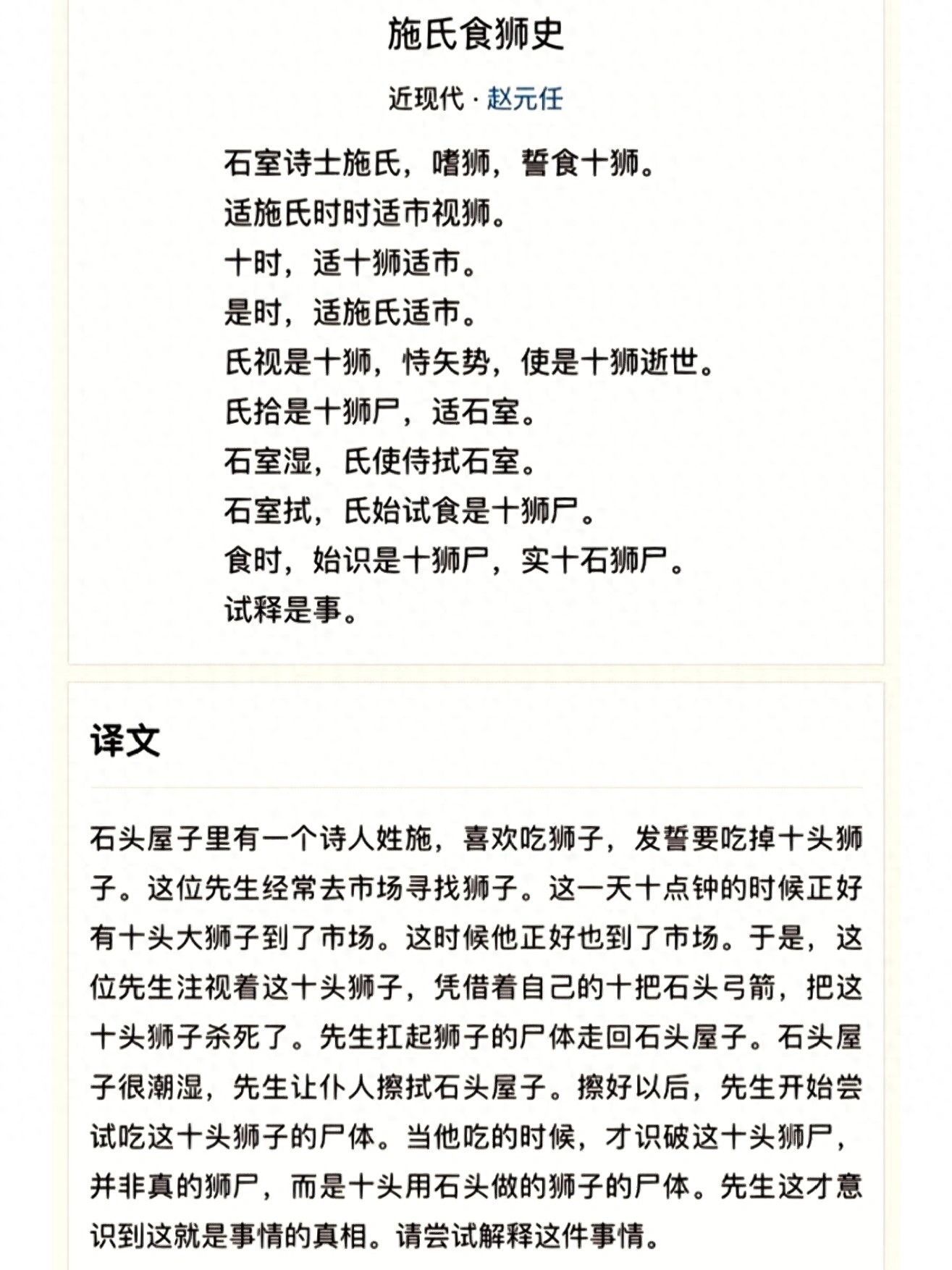Chinese is one of the most popular yet complex languages in the world. For kids living overseas, learning Chinese can be challenging. However, with the right methods and a solid plan, children can master Chinese with ease. Here’s how overseas kids can get started with learning Chinese.

First, mastering basic grammar is key for kids learning Chinese. Chinese grammar can be complex, so starting with foundational vocabulary and grammar rules is essential. The best approach is to interact with native Chinese teachers to learn correct pronunciation, spoken expressions, and the spelling and meanings of key words.
Second, understanding Chinese culture is a vital part of the process for kids. Learning Chinese isn’t just about the language—it’s also about grasping Chinese customs, traditions, and culture. This helps kids better understand the language and communicate more effectively. Recommended activities include watching Chinese movies and TV shows, listening to Chinese music and songs, and trying Chinese cuisine.
Additionally, learning Chinese requires a structured plan. Kids need a focused curriculum that progresses from basic to advanced levels in a step-by-step manner. This can be achieved through Chinese classes, courses, or online resources. The plan should include daily language practice, handwriting exercises, and immersive activities to reinforce what’s learned.

Moreover, using everyday Chinese tools can speed up the learning process. Common tools include Chinese input methods, pinyin typing software, and Chinese dictionaries.
Finally, family support is crucial for learning Chinese. Parents should encourage their kids and even learn alongside them. This not only boosts kids’ interest and motivation but also provides guidance and support. Parents can offer various Chinese practice opportunities, such as holding family conversations, watching Chinese movies, or reading Chinese books together.
In summary, overseas kids learning Chinese need a solid plan, a foundation in grammar, cultural understanding, access to everyday tools, and family support. When learning Chinese, kids should stay curious and motivated, practice consistently, and they’ll successfully master this complex yet fascinating language.










